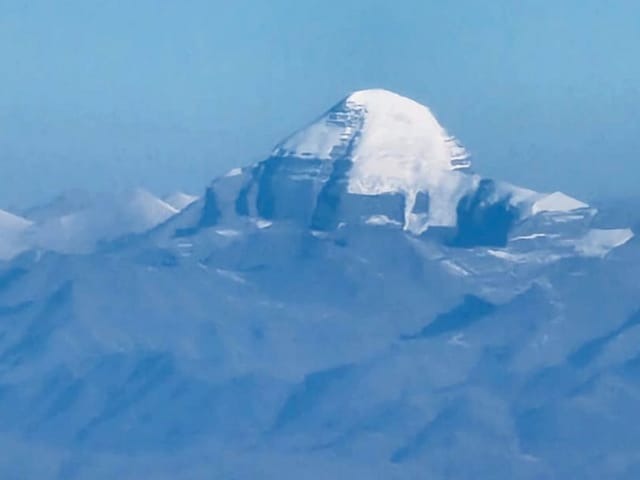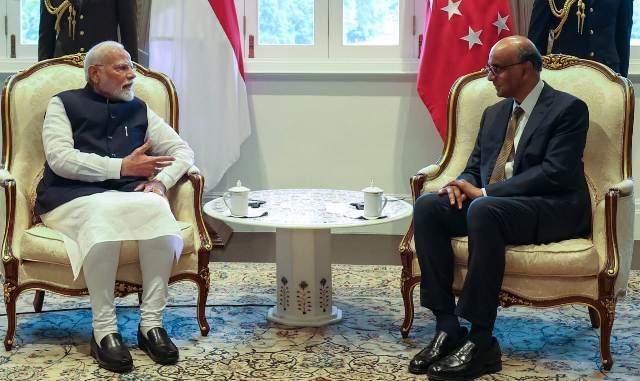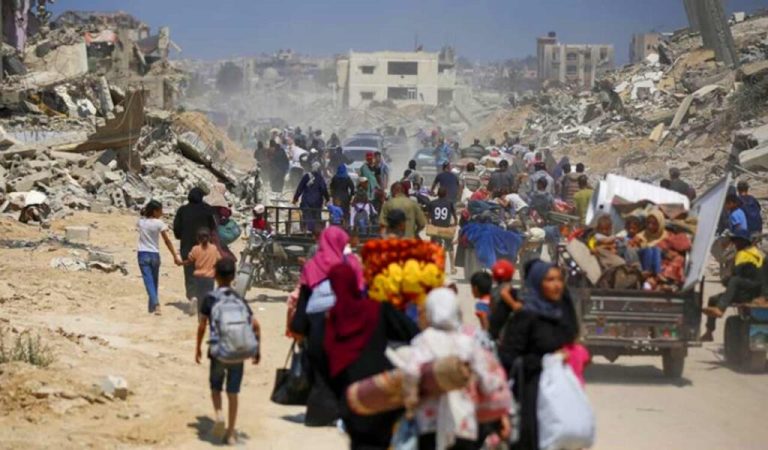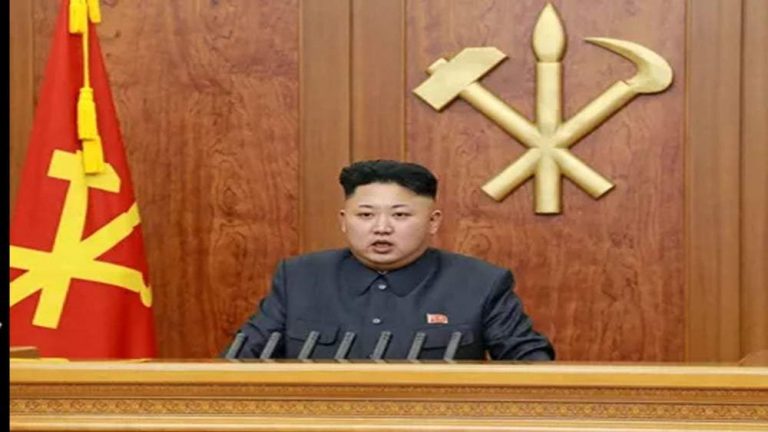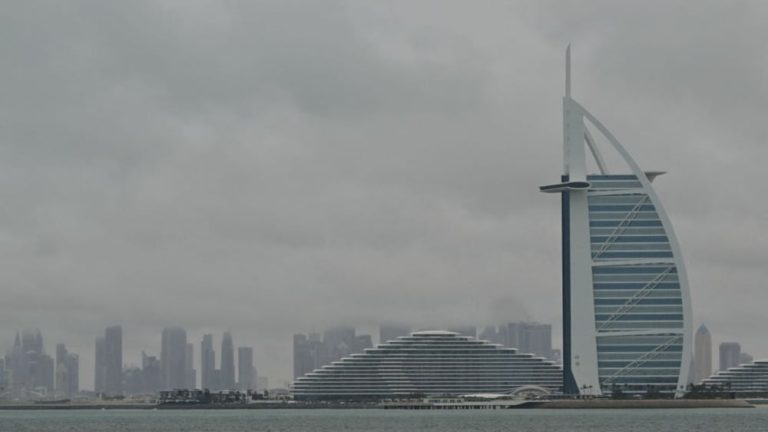Another trick of China, gave a big blow to Indians regarding Kailash Mansarovar Yatra:
kailash yatra: This is the fifth consecutive year since 2020 when both the official routes for the holy Kailash Mansarovar Yatra are closed for Indians. The private route through Nepal, which was opened by China last year, is not available to Indians for all practical reasons due to the strict rules brought in by China.
The Kailash Mansarovar Yatra to Mount Kailash in China has been suspended due to the Covid-19 pandemic. It is the holy abode of Lord Shiva, which is held in great reverence for Hindus. But a little more digging makes it clear that this is another ploy by China since tensions between the two countries escalated along the Line of Actual Control in 2020.
The media has received RTI replies given by the Ministry of External Affairs regarding the Kailash Mansarovar Yatra, which contain copies of two agreements made with China in 2013 and 2014. Both the agreements clearly state that China cannot terminate the agreements unilaterally without any prior notice. They say that any amendment should be done with consensus.
Is China violating agreements?
Is China violating these agreements? The first agreement was signed on 20 May 2013 between the then Foreign Minister Salman Khurshid and the then Chinese Foreign Minister Wang Yi. This opened the Lipulekh Pass route for the yatra. The second agreement was signed in 2014 by Sushma Swaraj as Foreign Minister with Yi on 18 September 2014 to open the Nathu La Pass route for the Kailash Mansarovar Yatra.
What do these agreements say
The first states that the Protocol entered into force on the date of signature in 2013 and will be valid for a period of five years, and will be automatically extended for a period of five years at a time. This is so unless either party gives notice to the other in writing six months before the date of termination of its intention to terminate the Protocol.
The agreement states, “The Parties may, by consensus, amend and supplement the Protocol as necessary.” The second agreement has similar language.
Moreover, the first agreement states that every year a large number of Indian pilgrims visit Mount Kailash and Mansarovar through commercial tour operators and travel agents. “The Chinese side agrees to provide necessary facilities and assistance to these pilgrims in accordance with its domestic laws and regulations,” the agreement states.
The second agreement was to allow Indian pilgrims, who go through tour operators and travel agents, to enter or exit China through the Nathu La pass. The modalities for this route were implemented through diplomatic channels.
The third option for Indians was to go to Nepal and then enter China through private operators. In all cases, Indians needed a visa from China to visit Mount Kailash and Mansarovar.
India is considering options
Both official routes are closed, but China opened its border from the Nepal side last year but tightened rules for foreigners, especially Indians, and imposed several restrictions including increased fees, making it practically impossible for Indians to travel to Mount Kailash through Nepal.
In January this year, 38 Indians became the first to see Mount Kailash from an altitude of 27,000 feet on a chartered aircraft ‘Kailash Mansarovar Darshan Flight’ from Nepalgunj, Nepal.
India has also developed a spot at Lipulekh Peak in Dharchula, Pithoragarh, Uttarakhand, from where Mount Kailash will soon be clearly visible from a distance of just 50 kilometres. Earlier this month, the Uttarakhand government announced that pilgrims will be able to view Mount Kailash from this spot from September 15 this year. This involves driving to Lipulekh and walking about 800 metres to view Mount Kailash.
However, the bigger question is: can China continue to unilaterally block Indians’ access to Kailash and Mansarovar, the holiest sites for Hindus, in clear violation of agreements made with India?
Those who have visited Mount Kailash would agree that there is no better spiritual experience than doing the parikrama of the holy mountain and Manasarovar and India must strongly intervene in this.
